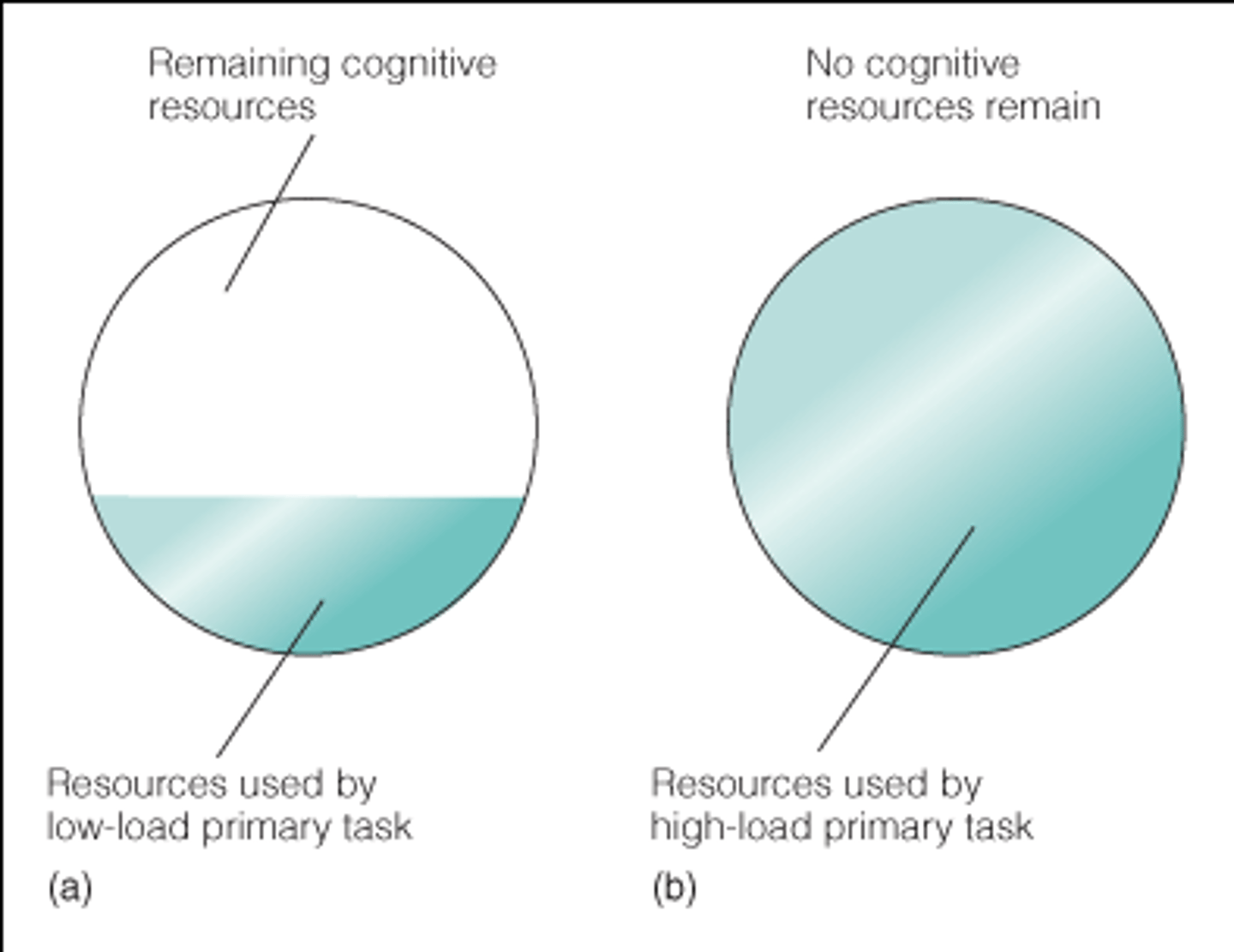AP Psychology: Topic 4.2 - Attitude Formation and Attitude Change
1/11
There's no tags or description
Looks like no tags are added yet.
Name | Mastery | Learn | Test | Matching | Spaced | Call with Kai |
|---|
No analytics yet
Send a link to your students to track their progress
12 Terms
Stereotype
a widely held but fixed and oversimplified belief about a group of people or things
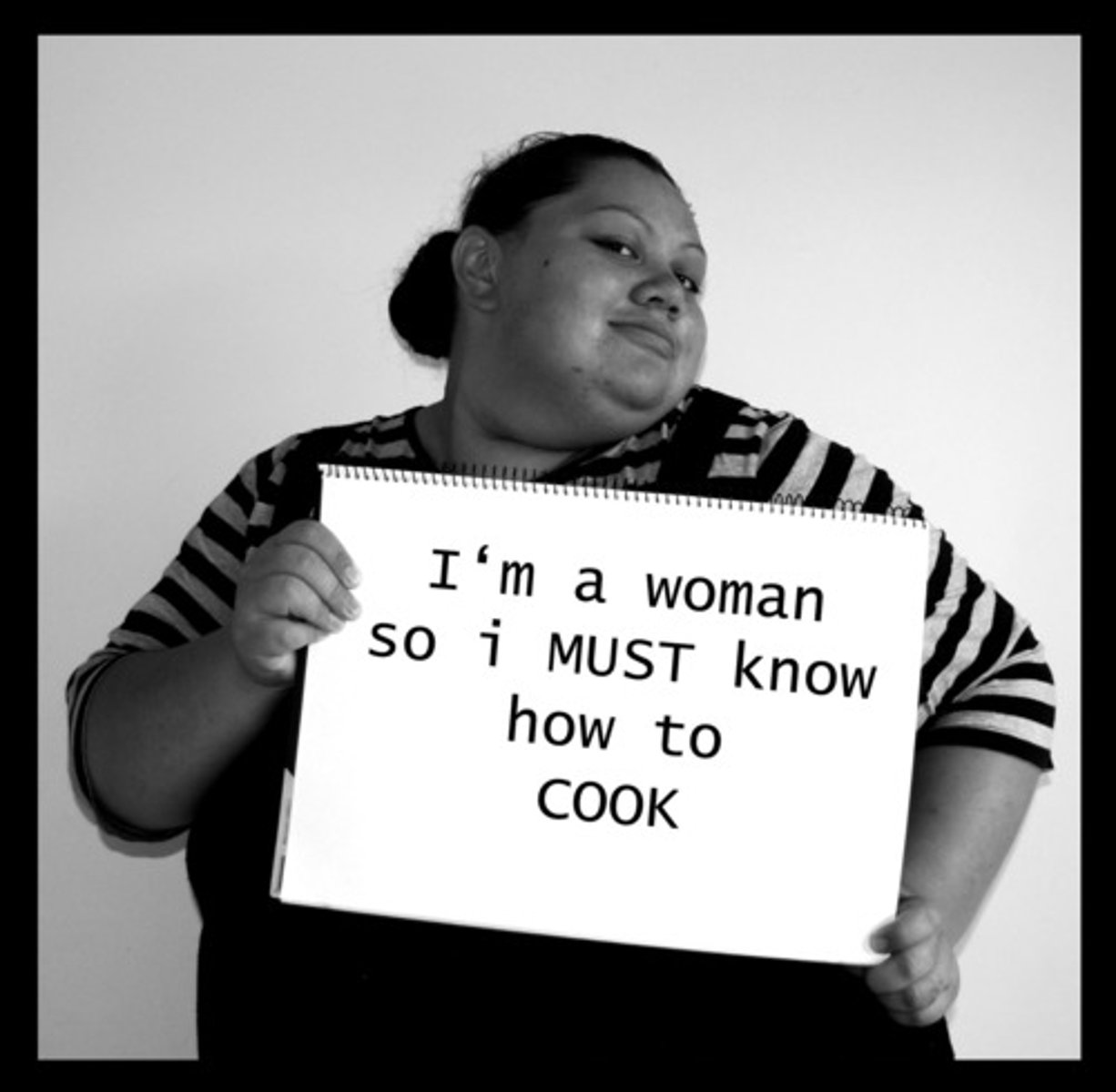
Prejudice
an unjustified judgment, opinion, or attitude directed toward certain people based on their membership in a particular group

Discrimination
unjustifiable negative behavior toward a group and its members
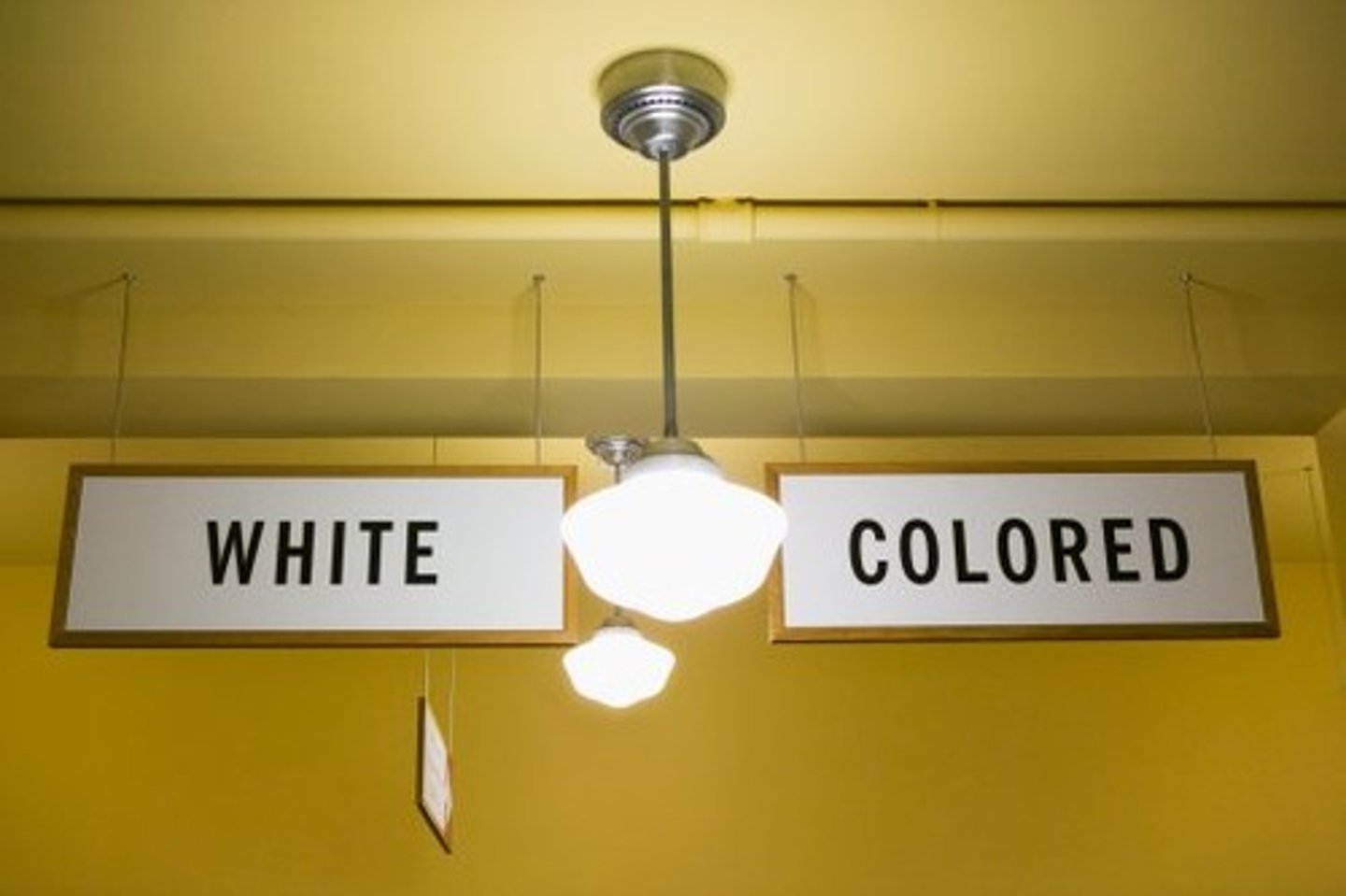
Implicit attitudes
attitudes that influence a person's feelings and behavior at an unconscious level
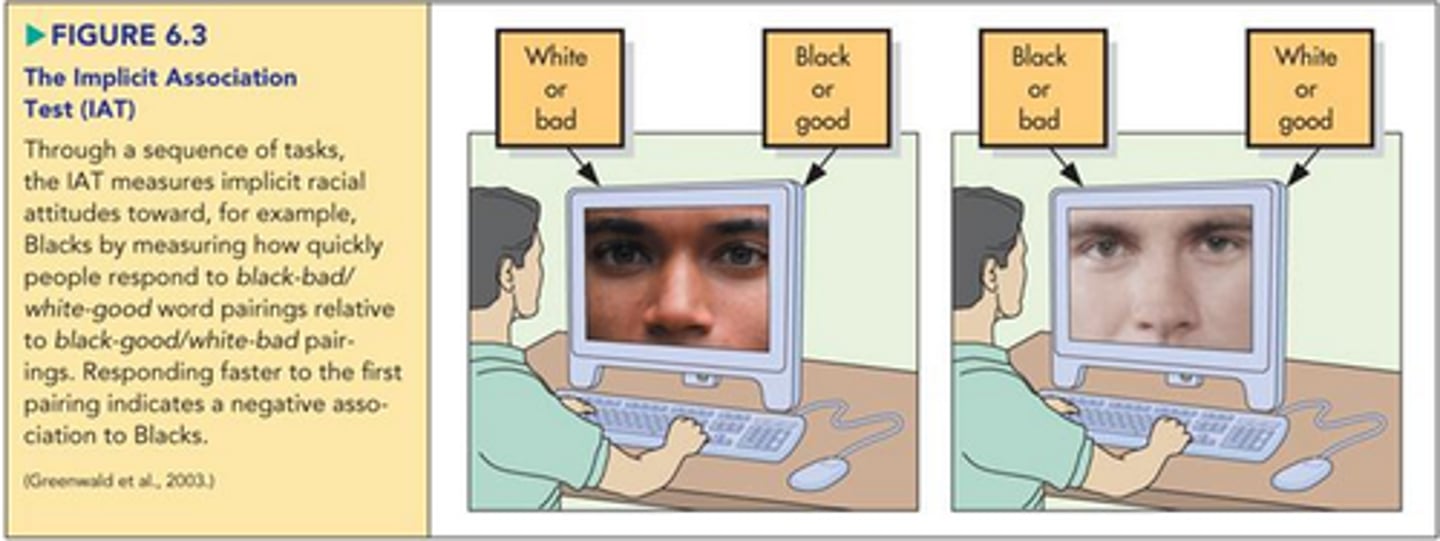
Ethnocentrism
the tendency to look at the world primarily from the perspective of one's own culture

Just-world phenomenon
the tendency for people to believe the world is just and that people get what they deserve and deserve what they get
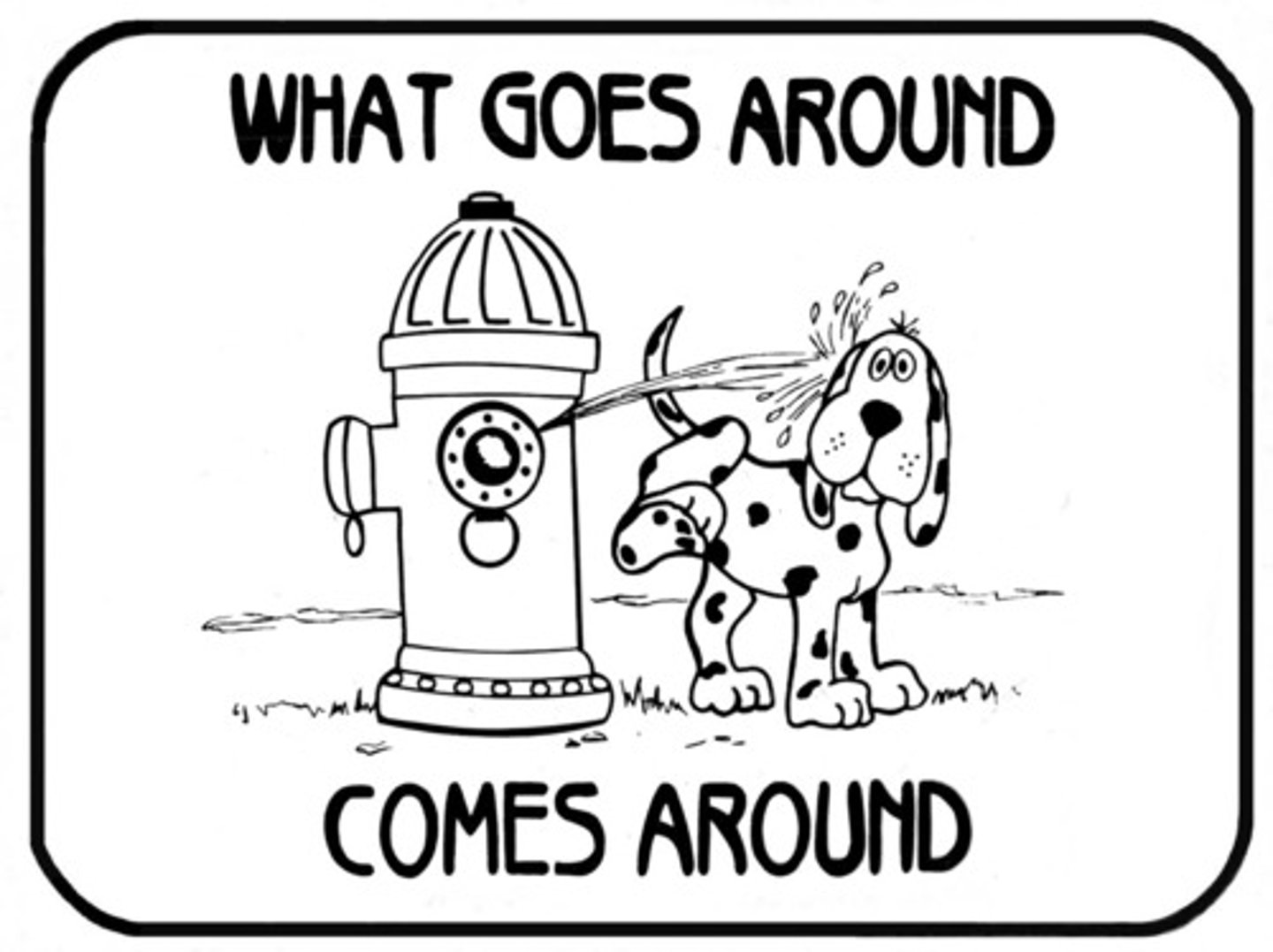
Out-group homogeneity bias
the perception that individuals in an out-group are more similar (homogeneous) than they really are, as compared to members of one's in-group
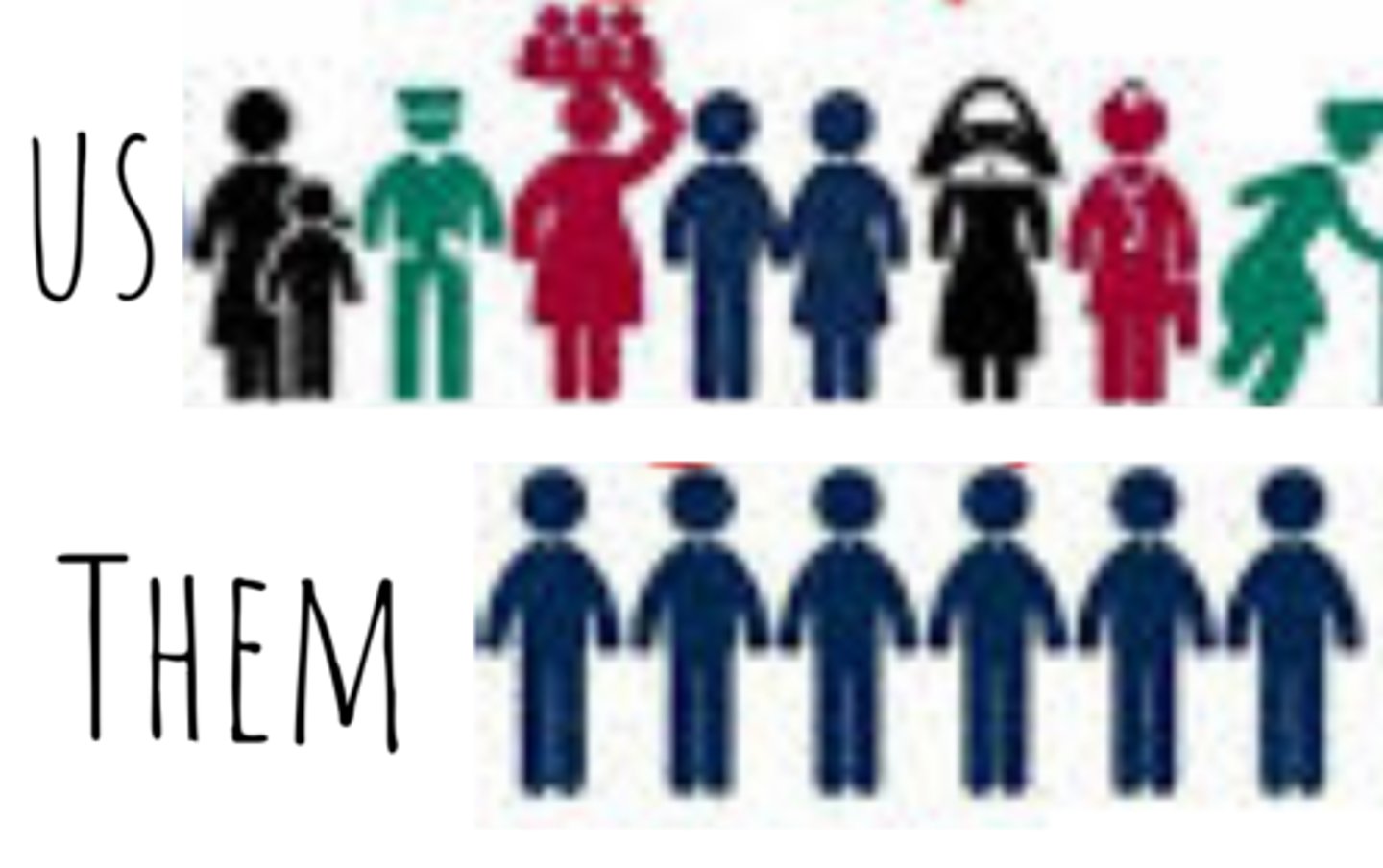
In-group bias
the tendency to favor one's own group over other groups

Belief perseverance
the tendency to continue believing something even after the evidence supporting it has been contradicted
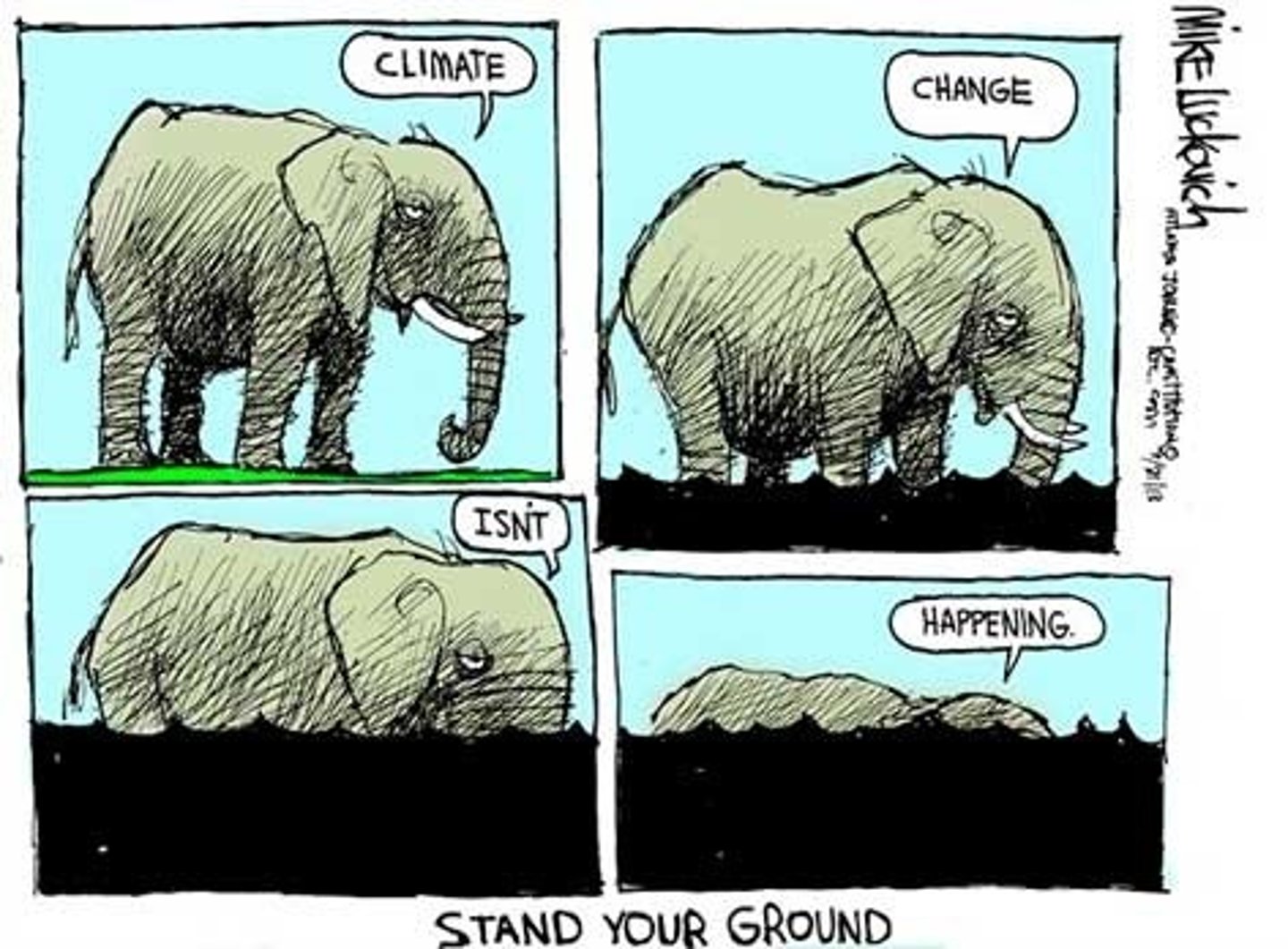
Confirmation bias
a tendency to search for information that supports one's preconceptions and to ignore or distort contradictory evidence
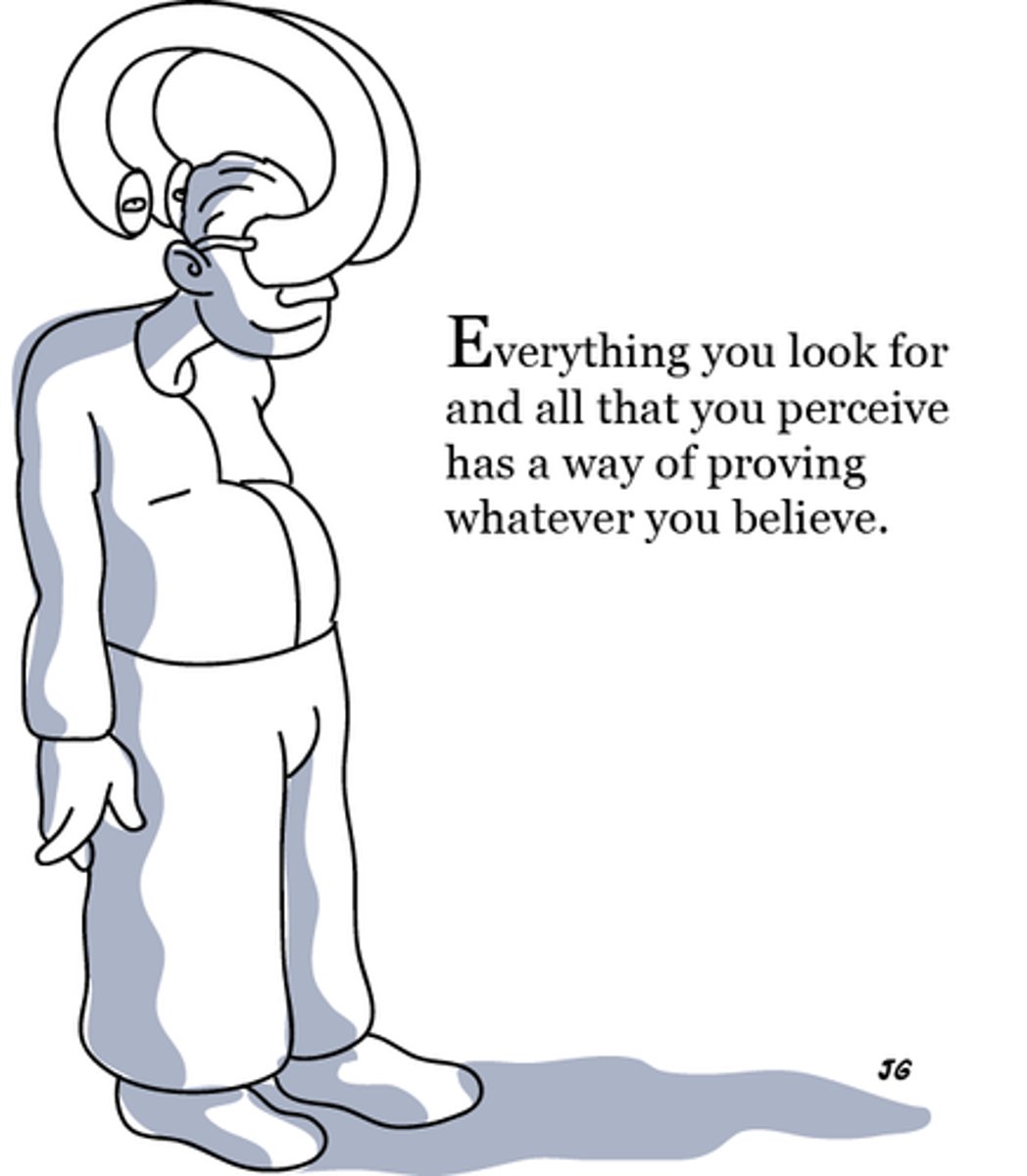
Cognitive dissonance
the discomfort a person feels when their beliefs are inconsistent with their actions
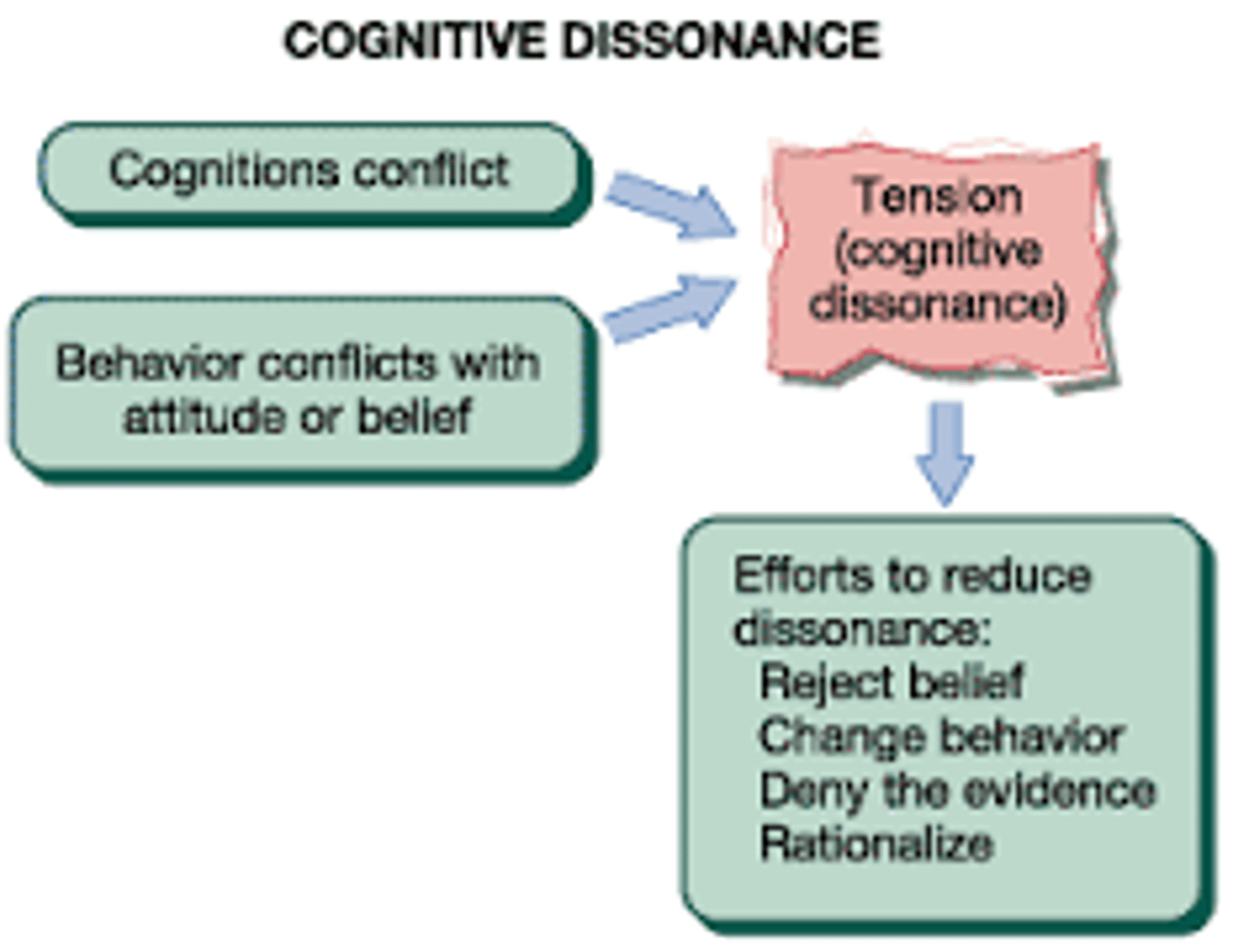
Cognitive load
the amount of information the working memory can process at any given time
